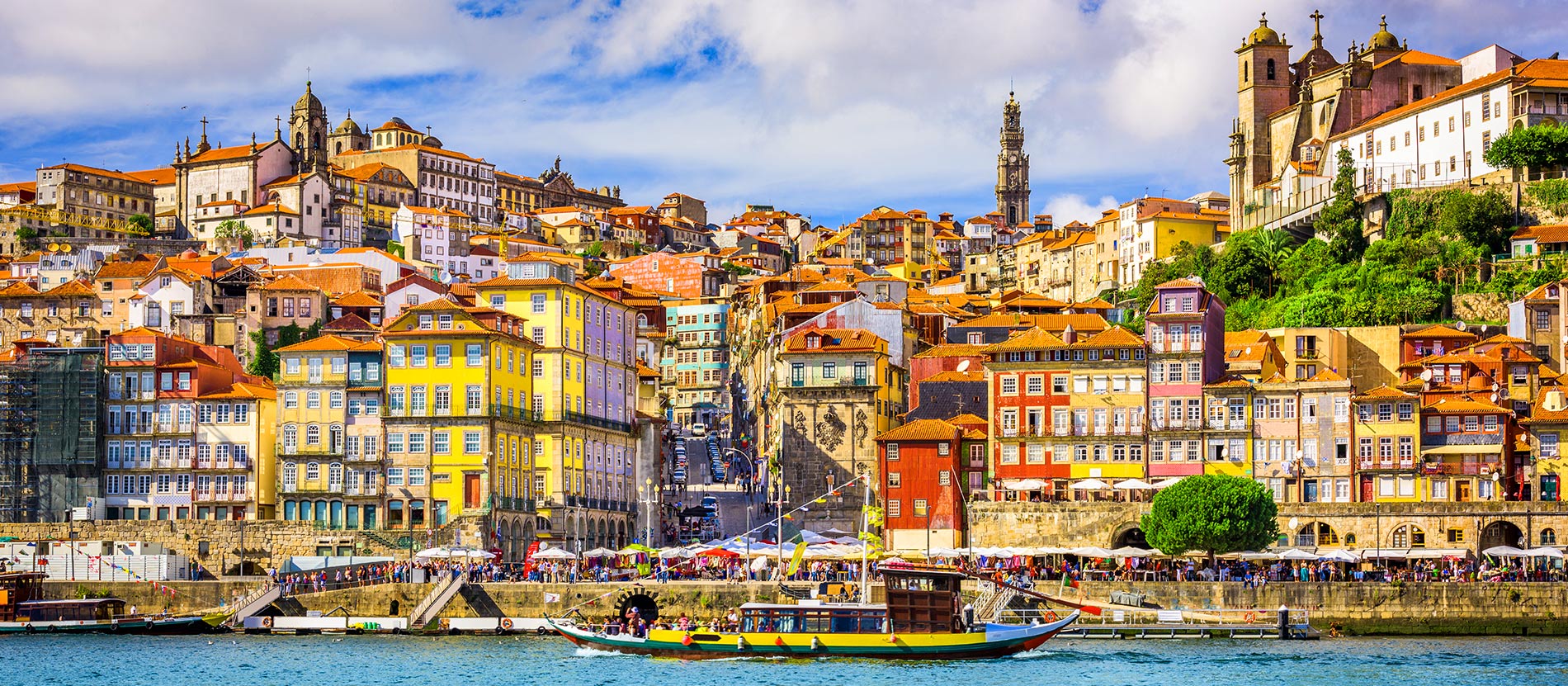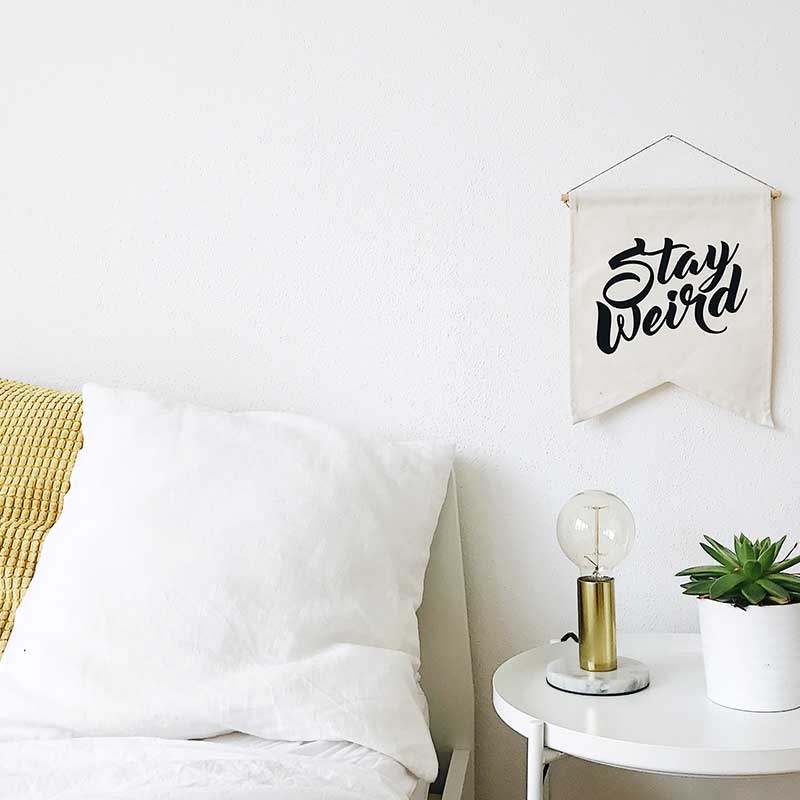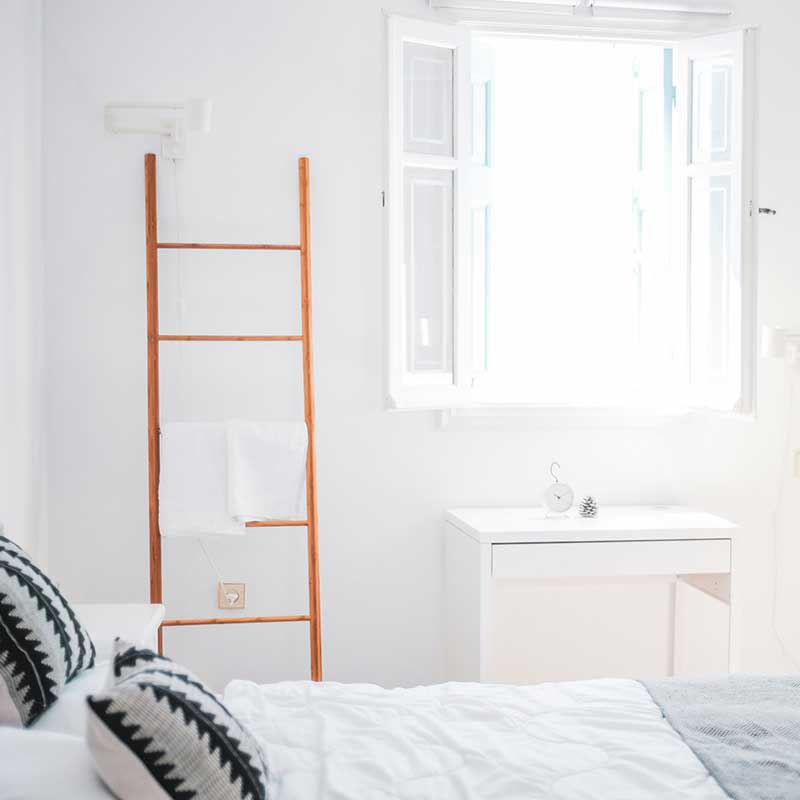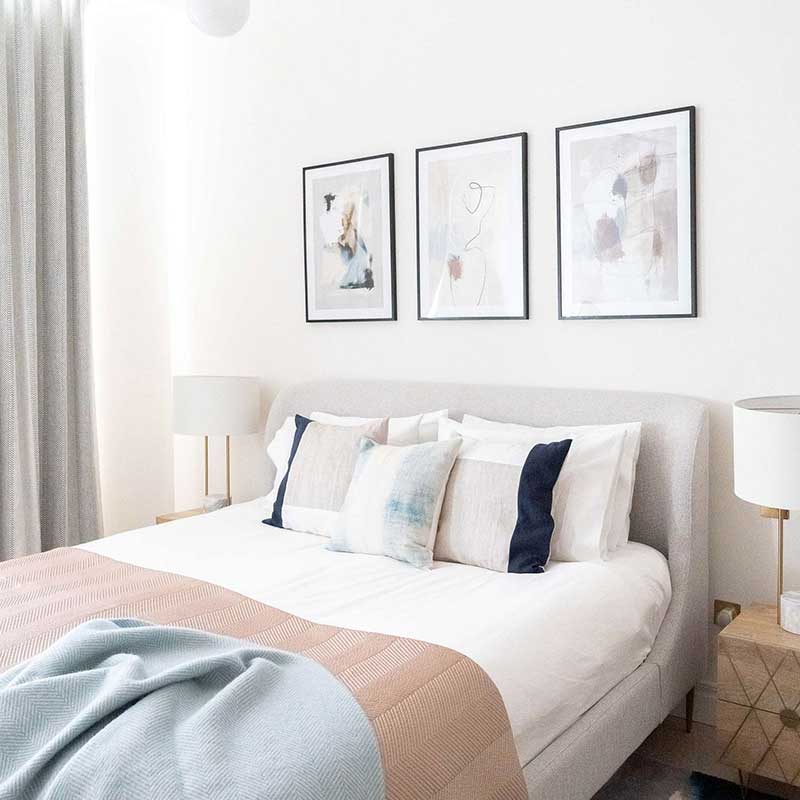Moving to a sun-kissed country like Portugal is exciting but comes with its own set of challenges, especially navigating the rental market. With 300 days of sunshine and a welcoming community, it’s no wonder Portugal is a popular choice for expats.

But how do you go about renting a home there? What is the rental culture like? How much will you pay? And where should you live?
This guide will answer all your burning questions and help you smoothly transition into renting in Portugal.
Understanding Portugal’s Rental Market
The rental market in Portugal has been experiencing changes, with prices on the rise. As of now, the average rental price is just over €16 per square meter.
This marks a 7% increase from September 2023 and a staggering 40% rise compared to July 2022. Despite these increases, renting in Portugal can still be more affordable than in many other European countries.
How to Find a Place to Rent in Portugal
Portugal offers diverse properties, from quaint houses with gardens to compact city apartments. Most rental properties come furnished, and landlords prefer not to remove the furniture.
Here are some popular property portals and real estate agencies to help you find a home in Portugal:
- ReMax
- Spotahome
- Custojusto
- Century21
- Imovirtual
- Idealista
- ERA Imobiliária
Renting in Lisbon
Lisbon, the capital city, is the most expensive area in Portugal for renting and buying property. As of May 2024, the average rental price in Lisbon is €19.1 per square meter. For a 75-square-meter apartment, you can expect to pay around €1433 per month.

Lisbon is a melting pot of cultures, with a diverse expat community from 87 different nationalities. This diversity makes it a vibrant and exciting place to live.
Positive Aspects of Renting in Lisbon
- Quality Education: Lisbon boasts esteemed public schools.
- Public Transportation: Affordable and well-organized.
- Proximity to Attractions: Just 15 minutes from the city center to nearby attractions.
- Nightlife: Offers the most vibrant nightlife in Portugal.
- Job Opportunities: Home to many high-paying job positions, especially in top-tier management.
Challenges of Renting in Lisbon
- High Cost of Living: The most expensive city in Portugal for rent and living costs.
- Tourism: Over 4.5 million tourists visit annually, making some areas crowded.
- Housing Quality: Many residential properties lack quality insulation and central heating.
Choosing the Ideal Area in Lisbon
- Central Lisbon: Offers affordable public transportation, ideal for those working in the city.
- Suburbs: Areas like Cascais or Sintra might require a personal vehicle.
- Noise and Ambience: Consider street noise and neighborhood disputes when choosing your area.
Recommended Neighborhoods
- Baixa: Historic heart with eighteenth-century architecture. Crowded but accessible.
- Príncipe Real: Trendy with upscale dining and bars. Higher price tag.
- Alfama: Oldest quarter with cobbled streets. Charming but narrow roads.
- Cascais (Greater Lisbon): Luxurious living with beach proximity. Expensive.
- Sintra (Greater Lisbon): UNESCO World Heritage Site. Affordable but some properties are pricey.
Renting in Porto
Porto, the second-largest city in Portugal, offers a compelling alternative to Lisbon, particularly regarding rental prices. While rental costs are increasing, Porto remains more affordable than Lisbon, with an average price of €16.9 per square meter. A 75-square-meter apartment in Porto costs about €1268 per month, compared to Lisbon’s €1433.

Despite being cheaper, Porto is still the second most expensive city for renting in Portugal. Its metropolitan area has a diverse community, with many expats contributing to its vibrant culture.
Positive Aspects of Renting in Porto
- Public Transportation: Affordable and efficient.
- Cuisine: High-quality local food.
- Cultural Events: Art exhibitions, festivals, and more.
- Scenic Views: Stunning views of the Douro River.
- Green Spaces: Plenty of parks and public areas.
Challenges of Renting in Porto
- Fewer Expats: Compared to Lisbon, there are fewer expats.
- Language Barrier: Learning Portuguese is beneficial.
- Tourism: High tourist activity, especially in summer.
Finding a Place to Rent in Porto
Porto is becoming increasingly popular, making it relatively easier to find rentals. Both short-term and long-term rentals are available, with most apartments coming furnished. If you’re from another country, consider using a rental agent to help communicate with landlords.
Best Neighborhoods in Porto
- Ribeira: By the Douro River, known for its lively bars and restaurants.
- Cedofeita: Trendy with landmarks and nightlife.
- Foz do Douro: Oceanfront with stunning views and beach access.
- Vila Nova de Gaia: Across the river with amazing city views and port cellars.
Rental Contracts in Portugal
A rental contract (contrato de arrendamento) in Portugal outlines the rental conditions and protects the rights of both tenants and landlords.

Required Documents for a Rental Contract
- Tax identification number (NIF)
- Identification documents for both landlords and tenants
- Property address
- Property license number and date
- Rent amount and payment schedule
- Contract date
Most rental agreements in Portugal allow you to terminate the contract after completing one-third of its duration. If the contract has more than a year remaining, a 120-day notice period is required. For contracts with less than a year remaining, a 60-day notice period is generally sufficient.
Rental Deposits & Guarantors
In Portugal, rental deposits are standard, typically amounting to two months’ rent. However, there are no strict regulations on how long landlords can keep your deposit.
Even with a two-month deposit, you might still need a guarantor (fiador), usually a Portuguese citizen, to vouch for you. If you don’t have close ties in Portugal, landlords might ask for advance rent payments covering 6 to 12 months.
Tenant Rights in Portugal
Portugal has strong tenant rights, often more favorable than in many other European countries. These laws make it difficult for landlords to evict long-term tenants.
Key Tenant Rights
- Eviction Protection: Residents over 65 or those living in a place for over 15 years are protected from eviction.
- Anti-Harassment Laws: Protect tenants from landlord harassment and discrimination.
- Renovation Rules: Landlords must provide temporary accommodation during renovations.
- Reimbursement Rights: Tenants can get reimbursed for necessary renovations they finance.
- Cohabitation Rights: Tenants can live with family members up to the third degree and host up to three extra guests at a time.
Real Estate Glossary: Rental Terminology in Portugal
Property Typology
- T: Apartment
- T0: Studio apartment
- T1: 1-bedroom apartment
- T2: 2-bedroom apartment, etc.
- T1 + 1: 1-bedroom apartment with an additional small room.
- V: Detached villa
Portuguese Property Terms
- Living room: sala de estar
- Dining room: sala de jantar
- Kitchen: cozinha
- Bedroom: quarto
- Garden/Yard: jardim
- Bathroom: casa-de-banho
- Fireplace: lareira
- Heating: aquecimento central
- Air Conditioning: ar condicionado
- Bathtub: banheira
- Swimming Pool: piscina
- Pantry: despensa
- Laundry/Utility Room: lavandaria
- Office/Study: escritório
- Semi-Detached/Row House: geminada
- Detached House/Bungalow: isolada
- Ground Floor (UK)/1st Floor (USA): rés-de-chão
- First Floor (UK)/2nd Floor (USA): 1o andar
- Warehouse/Storage Shed: armazém
With this comprehensive guide, you’re now equipped with the knowledge to navigate Portugal’s rental market confidently. Whether you’re drawn to the vibrant streets of Lisbon or the scenic beauty of Porto, finding the perfect rental home in Portugal is within reach.
All Contacts
- Rua de Camões 639 4000-148
- +351 912 679 232
- info@mosaicohostels.com
- 08 am - 06 pm Sunday closed
Subscribe
Subscribe Our Newsletter for more deals & updates








